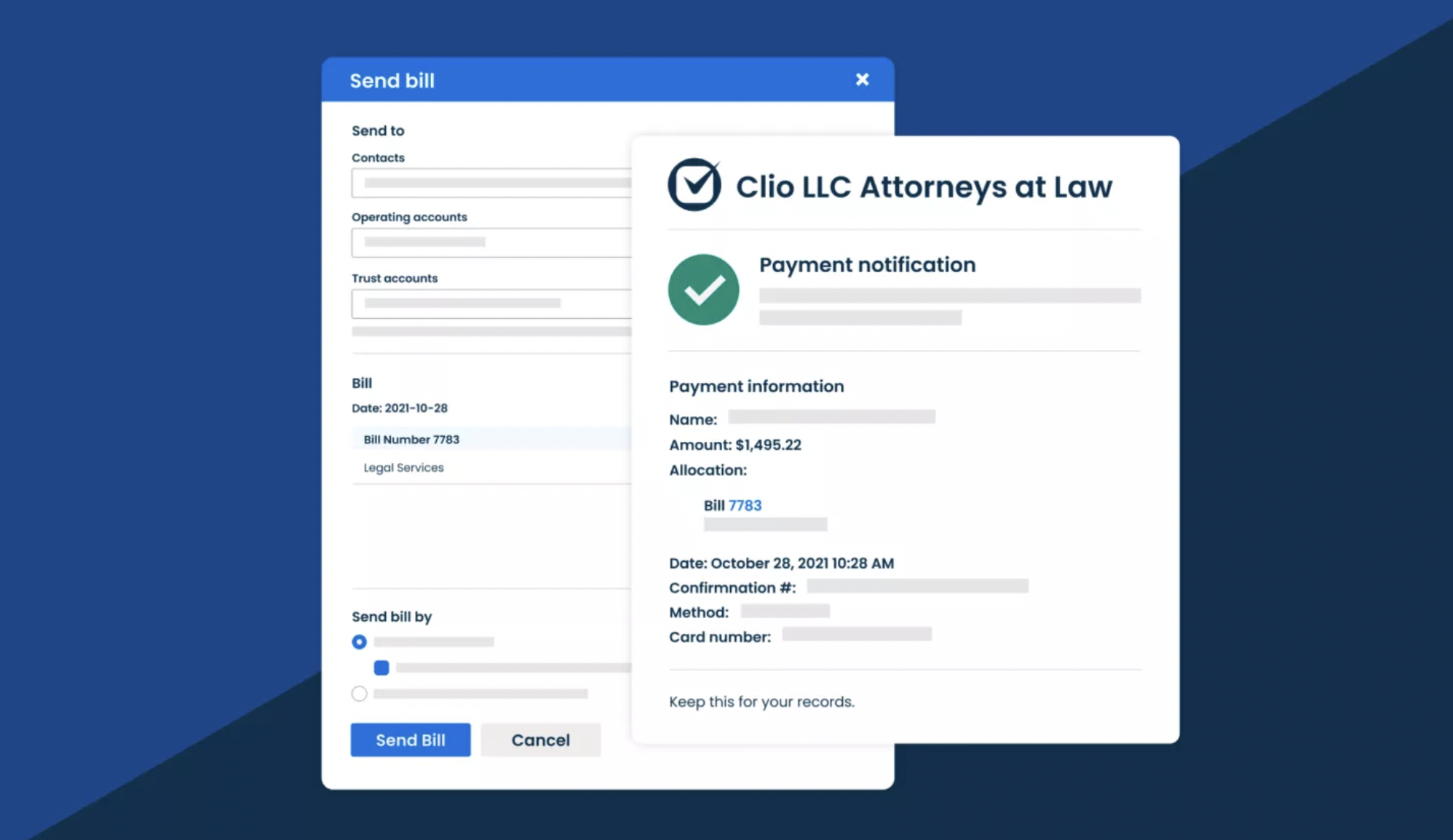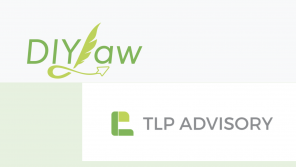Cloud-based legal tech provider Clio unveiled the new Clio Payments platform, a foundational payments technology built to better integrate payments into the company’s platform. Clio Payments enables lawyers to facilitate client-centered payment options, easing the billing and collections process while offering secure and compliant online payment choices for their clients.
“Through our work with tens of thousands of legal professionals, we know that the most frequent point of friction in attorney-client relationships is collections,” said CEO Jack Newton. “Financial matters bear a heavy burden on firm operations, time, and revenue. Streamlining this single touchpoint has the potential to fundamentally change where legal professionals spend their time—and who can access legal services. We see this as a critical juncture in realizing our mission to transform the legal experience for all.”
The expansion into fintech marks a defining chapter in Clio’s product roadmap as it builds cloud-based and client-centered technologies for all the major touchpoints legal professionals have when using Clio. With the launch of the new payments platform, the company is laying the groundwork to provide a complete, holistic operating system for legal professionals, enabling them to operate more effectively.
The new Clio Payments will be made available in Clio Manage and will offer lawyers real-time financial oversight in less time. With Clio Payments, legal professionals can access essential financial capabilities:
- Payments are recorded automatically in Clio and sync to an accounting platform, such as QuickBooks or Xero.
- Clio maintains compliance with trust accounting rules so legal professionals can send trust payment requests and perpetuate evergreen retainers with ease.
- Law firms receive transparency in payment transaction fees. With one flat and simple transaction fee for all card types and a flat rate for eCheck transactions, lawyers can securely accept any debit, credit card, or eCheck (ACH) payments with the confidence that there will be no surprises on their financial statements.
According to Clio, lawyers who have adopted a legal practice management software and online payments are successfully optimizing many areas of their practice; saving time by automating workflows and freeing them up to focus on their clients and the law.
Settling legal fees is one of the highest points of friction in the attorney-client relationship. Lawyers can now facilitate client-centered payment options while streamlining the collections process through time-saving features such as automated payment reminders, templated billing messages, and incentivized payment features such as interest rates and discounts.
“The market for legal services has shifted dramatically, and clients are looking for online, flexible payment options,” said Newton. “We are committed to delivering to evolved client needs in support of our customers. Building a complete billing and payments suite, which is inherently core to Clio Manage, ensures we’re able to innovate on their behalf throughout their most critical client interactions.”
According to the 2021 Legal Trends Report, online options are strongly preferred by consumers, followed by automated payments and payments via mobile app. Clients seem to prefer options that prioritize convenience over any direct forms of interaction.
“As we define Clio’s next chapter, we see an opportunity to design the first legal operating system, something that is much larger than one software or integration alone,” said Newton. “We are designing a system that will see the foundational cloud-based and client-centered technologies come together to create the fabric that serves the entire industry.”
Clio’s work in building the legal operating system began a few years ago with the acquisition of Lexicata and the launch of Clio Grow, and most recently, with the acquisition of CalendarRules and Lawyaw. Clio aims the construction of an end-to-end system that legal professionals can rely on to deliver access to justice.




